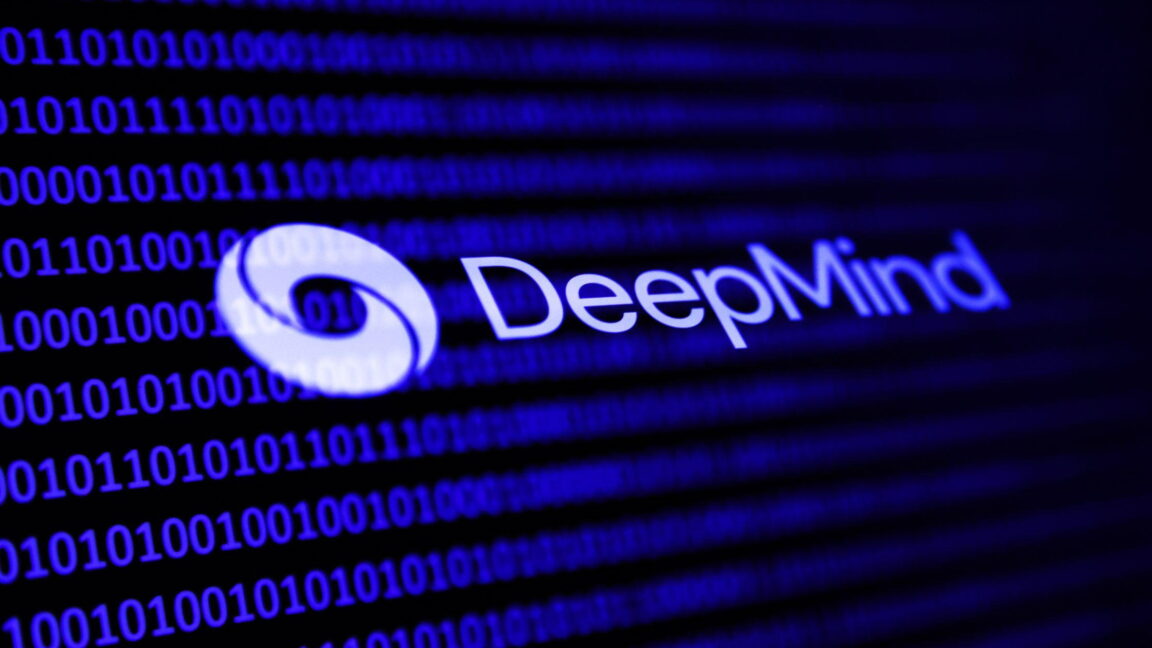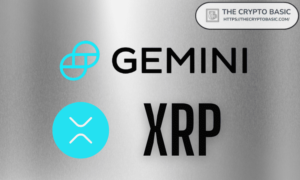DeepMind Delays AI Research Release to Benefit Google’s Competitive Advantage

DeepMind’s Research Publication Policies: An Inside Look
Concerns Over Research Blockages
Recently, internal conflicts at DeepMind have surfaced regarding the publication of research. One employee noted that the organization chose to block a study that highlighted vulnerabilities within OpenAI’s ChatGPT. This decision was reportedly made to avoid the appearance of retaliatory behavior against competitors. This move reflects DeepMind’s cautious approach to sharing sensitive information and protecting its reputation.
Commitment to Responsible Disclosure
A representative from DeepMind clarified that the institution does not suppress papers related to security vulnerabilities. Instead, they follow a responsible disclosure policy, which encourages researchers to allow companies ample time to address identified flaws before the details become public. This approach aims to ensure that discussions surrounding vulnerabilities are handled ethically and constructively, benefiting everyone involved.
Effects on Employee Morale
The current restrictions on research publications are causing concern among staff members at DeepMind. Historically, career success for researchers has been linked to their ability to publish work in prestigious scientific journals. However, the new review processes have created a more challenging environment, leading to some employee departures. A former researcher emphasized the high stakes of publishing, stating, “If you can’t publish, it’s a career killer if you’re a researcher.”
Shift in Project Priorities
In addition to publication issues, there has been a noticeable shift in project focus within DeepMind. There seems to be an increasing emphasis on initiatives aimed at enhancing its Gemini suite of AI products. This shift has sparked internal competition for access to valuable data sets and computing resources, which are essential for advancing research and development.
Google’s AI Innovations
Over the past few years, Google has introduced several impressive AI-powered products which have generated significant market interest. These innovations range from enhanced AI-generated summaries displayed at the top of search results to the launch of an “Astra” AI agent capable of answering real-time queries across various media, including video, audio, and text.
The company has experienced a significant uptick in its share price, witnessing a rise of approximately one-third over the last year. However, recent stock market fluctuations tied to concerns regarding US tariffs have resulted in a slight dip in value.
Balancing Commercial Goals and Research Ambitions
Alphabet CEO Demis Hassabis has been navigating the fine line between the commercialization of AI breakthroughs and his long-term vision of achieving artificial general intelligence (AGI). AGI refers to AI systems that display human-like cognitive abilities, potentially surpassing human intelligence. According to insiders, Hassabis is committed to the company’s goals and has a clear stance on maintaining focus. As one current employee noted, Hassabis has been known to assert, “This is a company, not a university campus; if you want to work at a place like that, then leave.”
This comment underscores the urgency that Hassabis places on the organization’s mission and objectives. Employees are encouraged to align their work within the context of rapid technological advancement and commercial viability, shaping the current landscape of AI research and development.
Summary
In summary, DeepMind is currently navigating a complex internal environment marked by stringent publication policies and a heightened focus on certain AI initiatives. While some employees express concerns over these changes, the company continues to innovate and push boundaries in the AI sector, reflecting both an ambition for scientific progress and a drive for commercial success.






